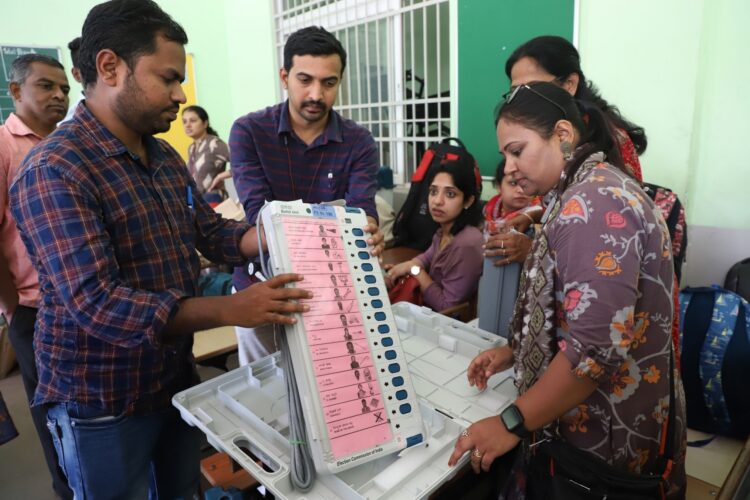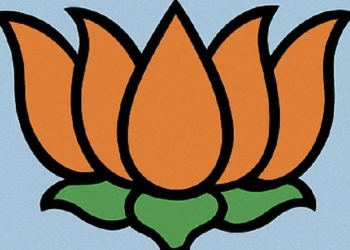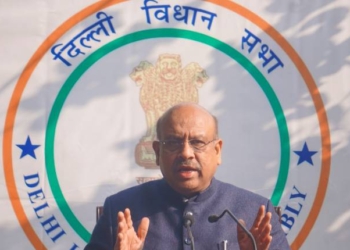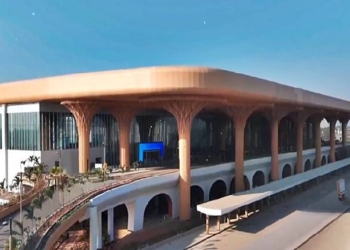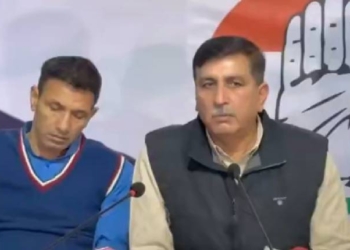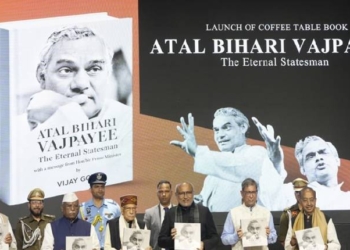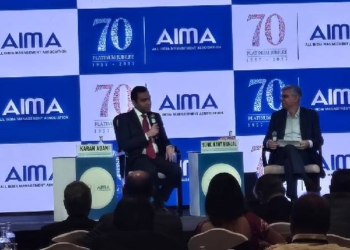New Delhi: The Supreme Court on Monday refused to entertain a plea filed by the Congress’ Delhi unit chief challenging the procedure adopted by the State Election Commission during conduct of ‘first-level checking’ of Electronic Voting Machines (EVMs) and Voter-Verified Paper Audit Trails (VVPATS).
A bench of CJI D.Y. Chandrachud and Justices JB Pardiwala and Manoj Misra dismissed the plea as withdrawn, remarking that the participation of political parties in the first-level checking (FLC) is merely “one step” of the detailed procedure laid down by the poll body.
The bench refused to grant any liberty to the petitioner to make representation to the Election Commission for supply of serial numbers before initiation of FLC.
“The process is very detailed. Parties have faith in it. It has been replicated across India. We will leave it at that. Dismissed as withdrawn,” it said.
The special leave petition challenged the order passed by the Delhi High Court in August this year declining to direct re-initiation of first-level checking of EVMs and VVPATs.
In its order, the High Court had said that Delhi Congress voluntarily chose to stay away from the process and its contentions questioning the reliability and security of the FLC process are unfounded.
The petition filed by Congress leader Anil Kumar said that the political parties were merely given a two-day notice prior to the commencement of FLC preventing them from engaging booth levelaAgents to effectively participate in the process.
It said that the poll body should have intimated about the FLC at least one week prior to its commencement and two-day notice in advance is not sufficient because it is not giving proper opportunity for the stakeholder political parties to prepare themselves for participation in the FLC process.
“The entire attempt of the Election Commission is highly surreptitious. The procedure followed for the commencement of FLC was not transparent,” the plea alleged.
The first-level checking of EVMs and VVPATs operates under directives issued by the EC where sealing of the cabinet of the control units and other operations are undertaken in the presence of representatives of all the national and state recognized political parties reflecting the democratic spirit and inclusivity of the process.
(IANS)




